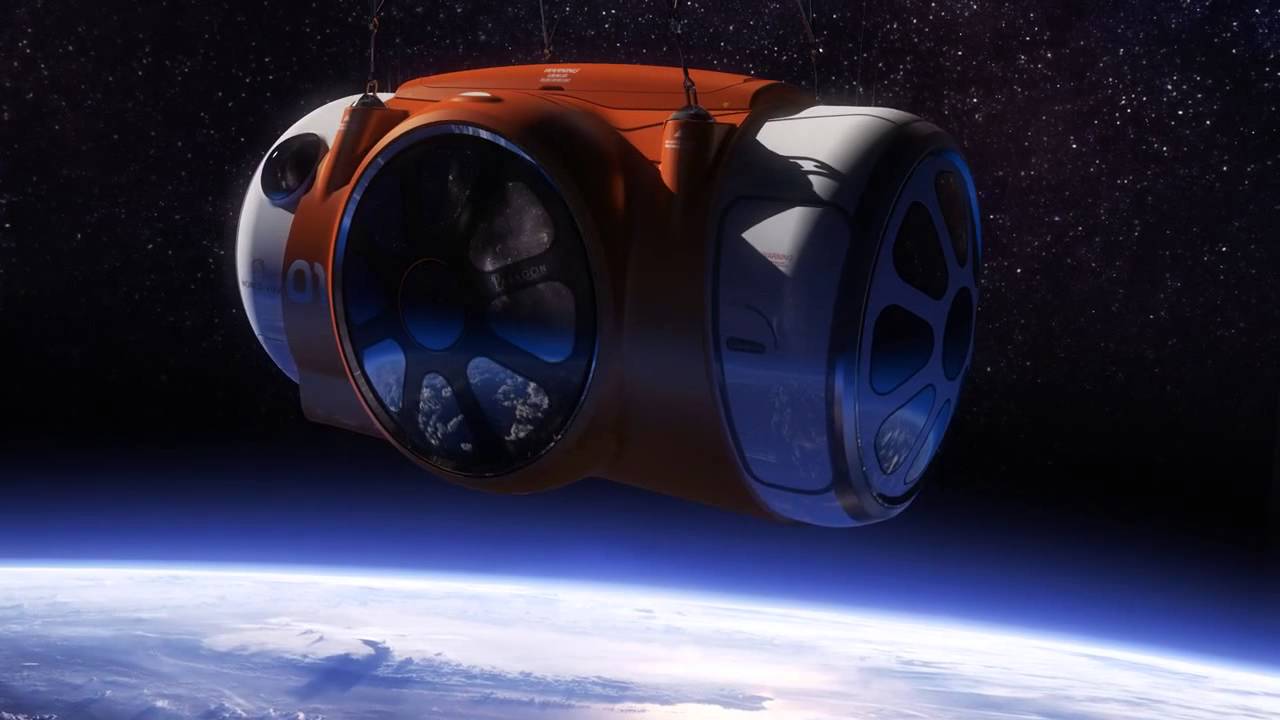
One theory for dark energy suggests the universe may not expand forever, but instead collapse in a “big crunch,” after which time ceases to exist. Now, according to a new study, this could happen much sooner than anyone expected—although still on the order of billions of years away.
For nearly a century, cosmologists have been obsessed with the question of whether gravity will eventually cause the universe to collapse in on itself in a reversal of the Big Bang, or if it will expand forever until the stars burn out. Or as Robert Frost put it, end in fire or ice.
The discovery of dark energy seemed to have settled the question. If the universe is not only expanding, but accelerating in its expansion because a powerful force is overcoming gravity at large distances, then how could it ever reverse? Instead, the dispersion might be expected to happen faster and faster until the galaxies, and maybe individual stars, lose touch with each other.
In Physical Review Letters, however, two physicists have attempted to answer the still-unsolved question of what dark energy actually is. Their model suggests dark energy will dominate the universe shortly before a “turnaround,” leading to an eventual collapse. While they cannot set a date on when this turnaround will occur, a natural choice for the strengths of forces suggests it could be quite soon.
“A single, technically natural choice for the slope ensures that the collapse is imminent and is preceded by the current stage of cosmic acceleration,” write physicists Nemanja Kaloper from the University of California, Davis, and Antonio Padilla of the University of Nottingham.
While their solution is elegant, it is not clear whether Kaloper and Padilla are actually describing the universe we live in. “It’s way too early to say if it will stand the test of time, but so far it has stood up to scrutiny,” Padilla told Phys.org.
The work relies on a previous paper by the pair, which tackled the question of why observations of the size of the cosmological constant are wildly out of keeping with modeled results. Their solution is vacuum energy sequestering, an idea they describe as a “very simple reformulation of General Relativity” where the energy that exists everywhere (vacuum energy density) in the universe is prevented from contributing to the curvature of the universe, and therefore influencing gravity. The work makes the cosmological constant equal to the average of all the matter energy density in the universe that has, or will, exist.
The pair claim their new work is “consistent with a variety of inflationary models that make the universe big and old.” Under their model, the lifespan of the universe is dictated by the slope at which the vacuum energy is changing. The authors claim that an expected value of the slope of 10-39 fits well with the observations of current expansion. Only a very precise measurement of the slope will tell us when the universe will start contracting, but Padilla told Phys.org that “Early indications suggest the collapse will kick in in a few tens of billions of years, but we have yet to properly verify this.”
Via IFL Science






